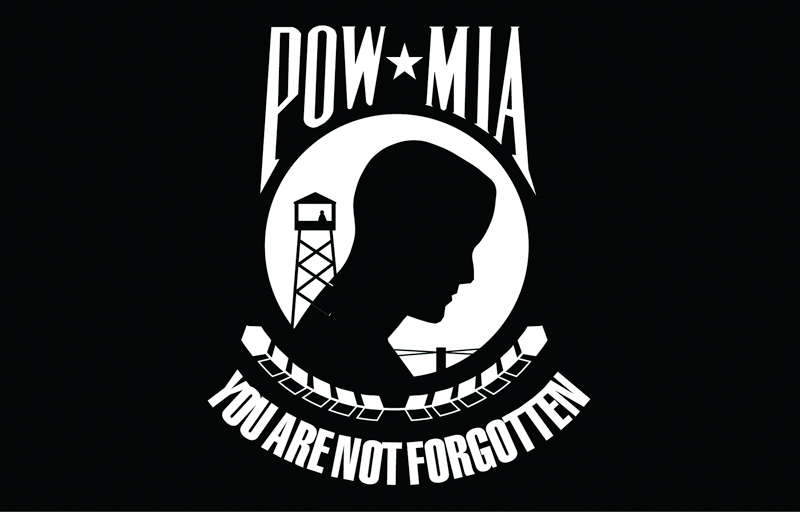
This series is an adaptation of an article that originally appeared in the August 2015 American Legion Auxiliary Magazine. Please remember: More than 83,000 servicemembers are still classified as either prisoners of war (POWs) or missing in action (MIA).
“To those who have fought for it, freedom has a flavor the protected will never know.” — An unknown Prisoner Of War (POW), who scrawled the statement on a bunker outside KheSahn, Republic of Vietnam
As servicemembers depart for combat duty, one question that inevitably lingers in the minds of their loved ones is: “Will they come back?” For the families of more than 83,000 Americans, that question remains unanswered. Although many have been classified as missing in action (MIA) since World War II, the Korean War, Vietnam War, and Cold War, efforts are unceasing to return them home. In the last few years, the remains of about 50 MIAs had been identified.
Capt. Nick Taylor and Dr. Denise To have been among the team members dedicated to recovery efforts through the Defense POW/MIA Accounting Agency (DPAA). The work can be painstakingly detailed because of its “cold case” nature, as Dr. To describes it. However, they both say it is fulfilling.
“What this job has provided me in return is incredible,” says Dr. To, an anthropologist who has been working in the field for more than 10 years. “It’s an incredible experience to be able to meet with a family and present the information that allows them to take remains back for a funeral. It’s even rewarding to talk to families who are still waiting. Their gratitude for our efforts is overwhelming. They’re the ones who make this job worth it. For us, every day in the DPAA is a memorial day. It’s overwhelmingly rewarding.”
Capt. Taylor, who has lead teams to recovery sites, said the fact that he could have faced the same fate is not lost on him. Taylor, who has been deployed three times for combat tours — twice in Iraq and once in Afghanistan — said the work is gratifying. “If something were to happen to me, I know the nation would not stop trying to get me back. It’s a rewarding experience to be able to do this for the ones who came before me. And when we’re able to identify someone, it’s extremely rewarding to know that we were able to get that individual home.”
In the spirit of Service, Not Self, the mission of the American Legion Auxiliary is to support The American Legion and to honor the sacrifice of those who serve by enhancing the lives of our veterans, military, and their families, both at home and abroad. For God and Country, we advocate for veterans, educate our citizens, mentor youth, and promote patriotism, good citizenship, peace and security.